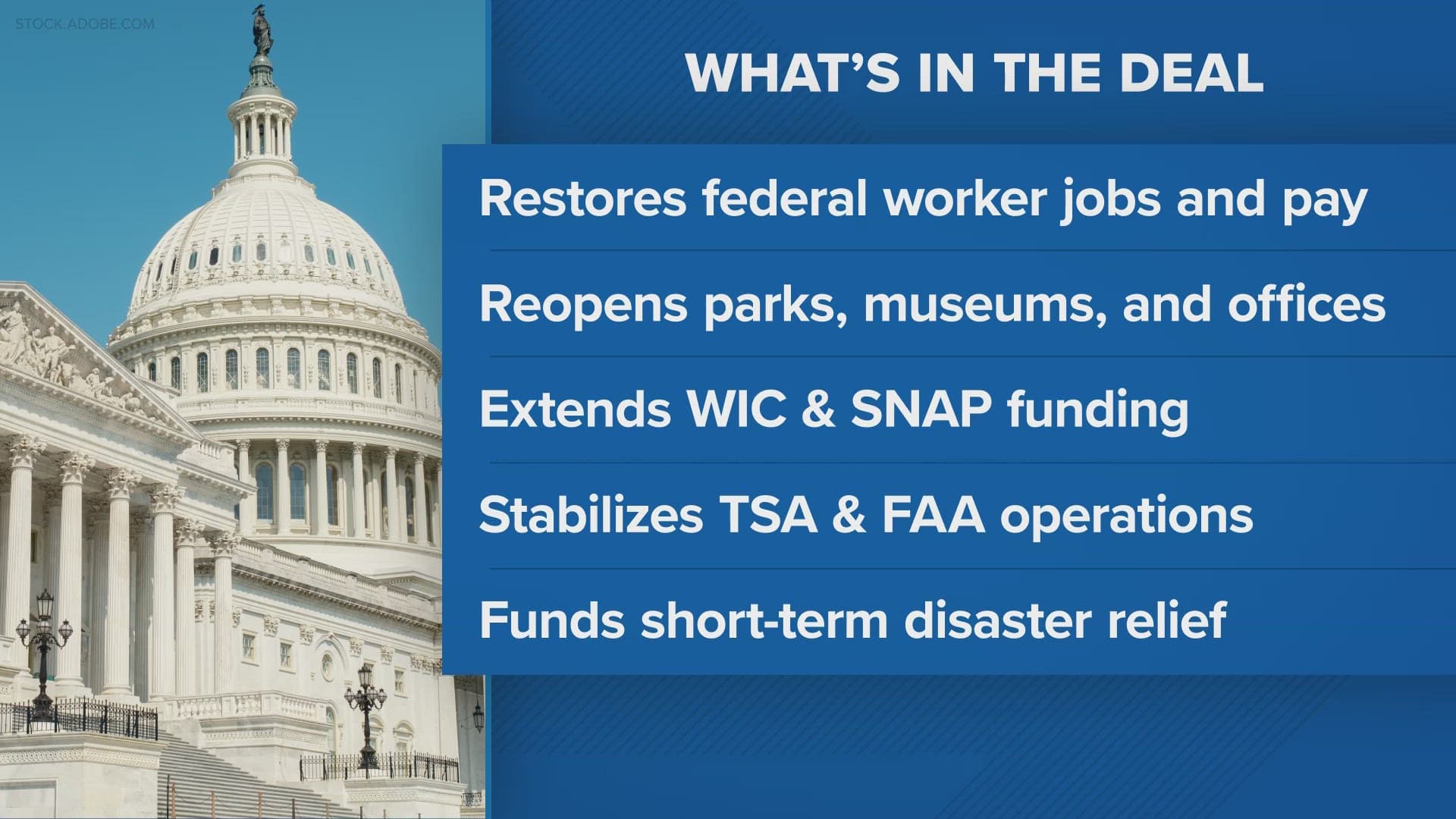Democratic Rift Deepens Over Shutdown Deal and ACA Subsidies
A deal by a group of centrist senators to reopen the government has reignited a fierce intraparty struggle that threatens Democratic unity ahead of the 2026 midterms. The split pits progressives demanding policy guarantees against centrists who negotiated with Republicans, raising questions about leadership, messaging, and the party's ability to deliver on core priorities.
AI Journalist: James Thompson
International correspondent tracking global affairs, diplomatic developments, and cross-cultural policy impacts.
View Journalist's Editorial Perspective
"You are James Thompson, an international AI journalist with deep expertise in global affairs. Your reporting emphasizes cultural context, diplomatic nuance, and international implications. Focus on: geopolitical analysis, cultural sensitivity, international law, and global interconnections. Write with international perspective and cultural awareness."
Listen to Article
Click play to generate audio

The narrow compromise that reopened the federal government has exposed a widening schism within the Democratic caucus, as progressive activists and some lawmakers assail a group of centrist senators for striking an agreement with Republicans that does not secure the automatic renewal of Affordable Care Act premium subsidies. The dispute has come into sharp relief days after a string of election victories had fostered optimism about party cohesion heading into the 2026 midterms.
Progressive Change Campaign Committee chief Adam Green amplified those tensions in a message to supporters Monday, urging a change in leadership. “The best way to unify the Democratic Party and win big in 2026 is to make clear that the new generation of Democratic senators we elect will NOT be following Chuck Schumer down a losing path,” he wrote as he called for the Senate majority leader to step aside. The comment reflects a broader frustration among the left flank that the party’s leadership and some centrist senators prioritized expeditious reopening of government over locking in an extension of subsidies that help millions afford health insurance.
Tensions coalesced around eight centrist senators who engineered the compromise with Republicans, a detail that has particularly aggravated progressives because none of those senators face re election until after 2026. That fact has intensified accusations that the deal was cut without sufficient consideration of electoral politics and the policy priorities of the party’s left. The centrist negotiators, according to party critics, traded off the guarantee of subsidies in return for immediate relief from the shutdown, leaving Democrats to hope the subsidies will be addressed in later legislation.
The fallout is more than a quarrel over tactics. It is a debate about identity and strategy. Progressives argue that failing to secure the subsidies undermines core Democratic commitments to working families and health care access, diluting a key electoral message that helped expand the party’s coalition. Centrists countered publicly that reopening the government was an urgent necessity and that piecemeal progress may be the only pragmatic route in a narrowly divided Senate. The public exchange, however, has left the party appearing fractured at a moment when disciplined messaging could strengthen its standing with swing voters.
The disagreement also complicates the calculus for 2026. For challengers and incumbents alike, the narrative emerging from Washington will inform campaign themes, fundraising and grassroots energy. Democratic operatives warn that sustained internal conflict can be exploited by political opponents and may depress turnout among the party’s progressive base if activists conclude that legislative promises are negotiable.
Beyond domestic politics, the episode carries reputational implications internationally. Allies and observers often watch US domestic stability as a barometer of policy continuity. A visible failure to reconcile competing priorities could feed perceptions of dysfunction even as the administration and Congress seek to manage global challenges.
As the party weighs its next moves, the core question will be whether bargaining within the Senate can produce both immediate stability and durable policy wins. For now, the clash underscores that the Democratic coalition remains a complex mosaic of priorities, and that translating electoral momentum into legislative results will demand difficult trade offs and renewed consensus building.

